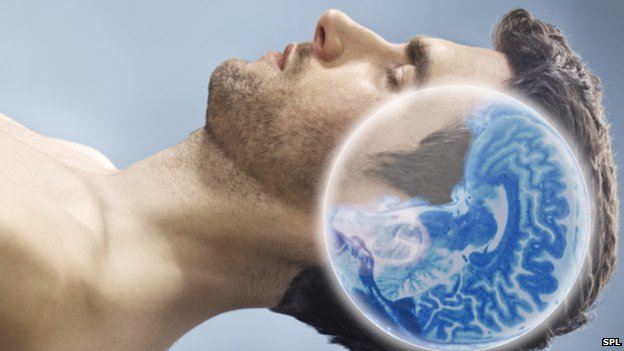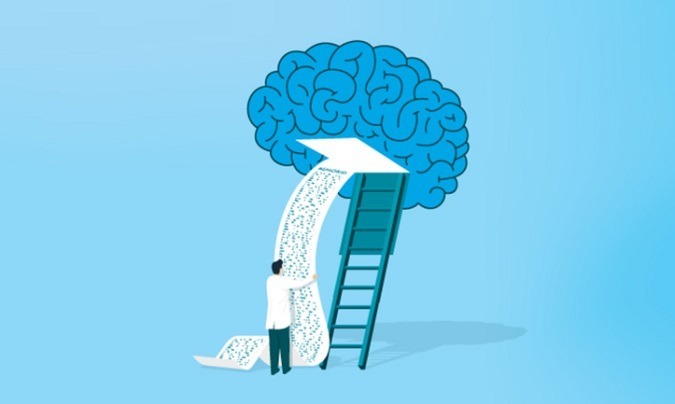Posts Tagged ‘cognitive-decline’
Aerobic exercise–not diet or health education–seen to significantly improve executive functions among older sedentary adults
Aerobic Exercise May Be Key to Better Neurocognition (Psychology Today): “Duke University researchers recently reported that just six months of aerobic exercise—for 35 minutes, three times a week—may improve executive function in older adults who have cognitive impairments. Before they began doing aerobic exercise, the previously sedentary study participants had difficulty concentrating, making decisions, and remembering
Read MoreModerate coffee consumption may promote brain health — and it’s not because of caffeine
How Coffee May Protect Brain Health: A New Study Suggests The Benefits Aren’t Just From Caffeine (Forbes): “Coffee has been getting considerable attention for a growing list of health benefits, with brain health high among them. While not without a few downsides, studies have shown impressive upsides of moderate coffee consumption, often linked to its…
Read MoreFebruary 26–28th: Save the Date for the 2019 SharpBrains Virtual Summit and help shape the Future of Brain Health
?” Imagine a free annual brain check-up — who should take it, and how could it help prevent/ delay/ treat cognitive decline and Alzheimer’s Disease? Imagine your smartphone can detect early signs of depression or Parkinson’s Disease — would you like to know? Who else should know … or not know? Imagine a videogame cleared by the…
Read MoreNew study reinforces need for proactive cognitive monitoring after heart surgery
___ Heart surgery: Does it impact cognitive ability? (Medical News Today): “Almost 8 million people in the United States undergo cardiovascular surgery or other related procedures each year. Thanks to the steady improvements made by medical science, the procedures are becoming ever safer and can give people a new lease of life. Aware of improvements in physical health…
Read MoreTrend: Growing research on the relationship between sleep and Alzheimer’s Disease
___ The brain may clean out Alzheimer’s plaques during sleep (ScienceNews): “Bendlin’s studies are part of a modest but growing body of research suggesting that a sleep-deprived brain might be more vulnerable to Alzheimer’s disease. In animal studies, levels of plaque-forming A‑beta plummet during sleep. Other research suggests that a snoozing brain runs the “clean…
Read MoreNew $30M venture philanthropy fund aims at revolutionizing the diagnosis of Alzheimer’s Disease
_____ Why diagnosing Alzheimer’s today is so difficult—and how we can do better (Bill Gates): “Alzheimer’s research is a frontier where we can dramatically improve human life—both the lives of people who have the disease and their loved ones. I’m optimistic that we can substantially alter the course of Alzheimer’s if we make progress in several…
Read More




